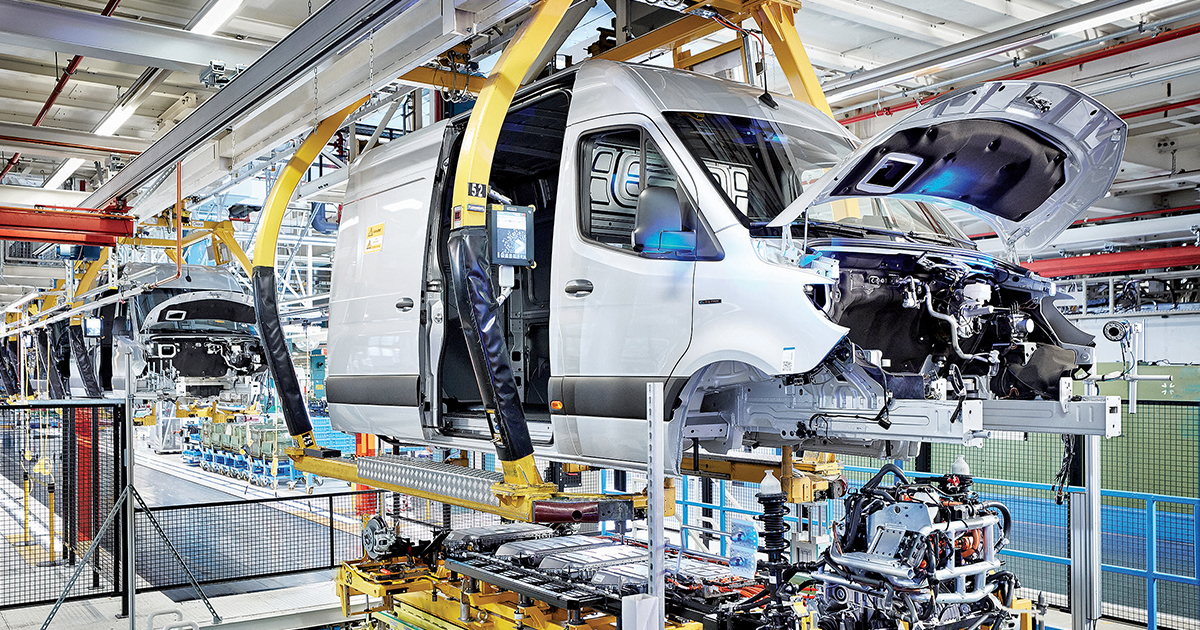
California electric vehicle startup Rivian just got a leg up on entering the European market by inking a deal with Mercedes-Benz’s van business to produce electric vans in a factory in central or eastern Europe in the next few years.
The collaboration could help Rivian keep up with its more established American EV competitor Tesla, which launched a plant in Germany this year.
This all comes at a crucial time for Rivian, as customers are clamoring for its new electric SUV, pickup and vans. But the company is struggling to ramp up production at its sole factory in Normal, Ill., amid supply chain disruptions and rising materials prices.
Rivian’s stock price is down nearly 68 percent year-to-date.
Sharing the costs of a European assembly plant with Mercedes should help Rivian channel more of its cash to build a second U.S. assembly plant slated to open in Georgia in 2025. The young company burned through $1.2 billion in the second quarter.
Rivian’s field has gotten crowded with producers trying to cash in on demand for electric commercial vans under pressure, including Tesla and more established automakers.
Ford Motor Co. re-engineered its popular gasoline-fueled Transit to run on battery power, and now claims leadership in the U.S. electric commercial van market with nearly 4,000 E-Transits delivered this year.
Stellantis earlier this year signed an agreement with Amazon to provide electric delivery vans.
Rivian has agreed to supply 100,000 electric delivery vans to Amazon by 2030.
In April, Mercedes-Benz said its order books are full, but its factories are struggling with supply chain difficulties.
Mercedes and Rivian are planning to produce both of their models on a joint production line, and Mercedes said it is developing a new all-electric van architecture of its own called VAN.EA.
Under the new agreement, the companies will make two large vans, one based on Mercedes’ VAN.EA platform and the other based on Rivian’s light van electric platform.
They did not disclose the precise location.
Mercedes said it will restructure its German factories now building large Sprinter vans to offset higher costs for electric vehicles. It will invest about $400 million at its factory in Dusseldorf as part of that transition.
Mercedes also said it will use “an established plant” in central or eastern Europe as a third van production site, joining Dusseldorf and Ludwigsfelde in Germany.
The Mercedes plant in Kecskemet, Hungary, is likely to be on the shortlist for the factory.
The plant, which opened in 2012, makes entry-level Mercedes A-Class, B-Class and C-Class cars. The automaker plans to reduce production of such vehicles to shift to higher-end models.
By 2025, all newly introduced Mercedes van models will be electric only.
Mercedes also has a partnership with Renault, which builds its Citan and T-Class compact vans as versions of its Kangoo multipupose vehicle. Those vans also have a full-electric option. Mercedes’ medium van, Vito, also has an electric version.
Bloomberg and Reuters contributed to this report